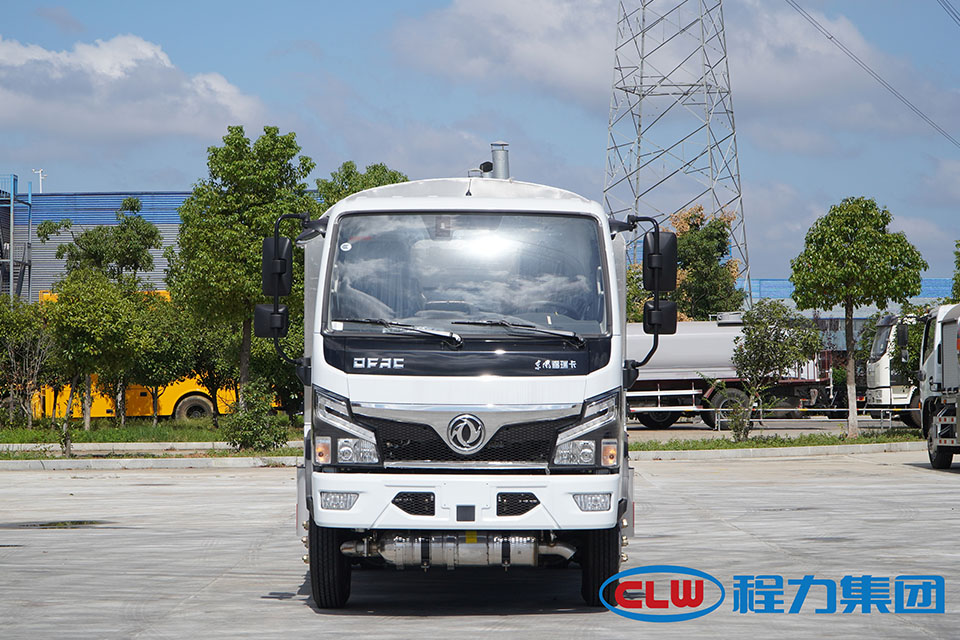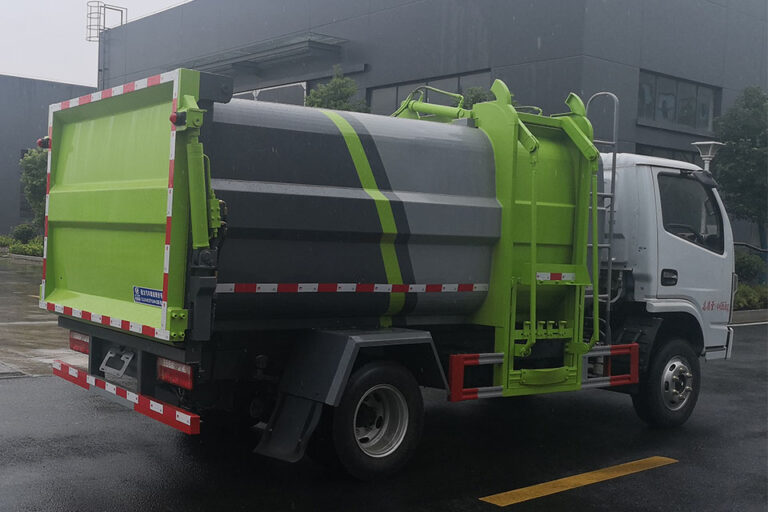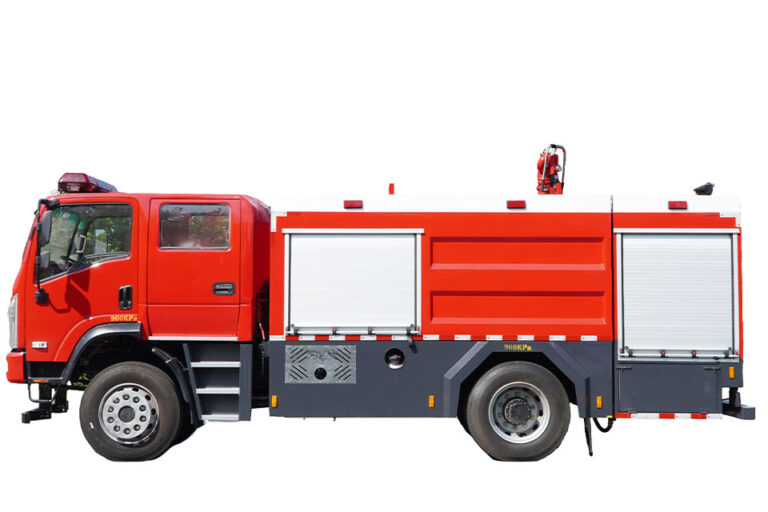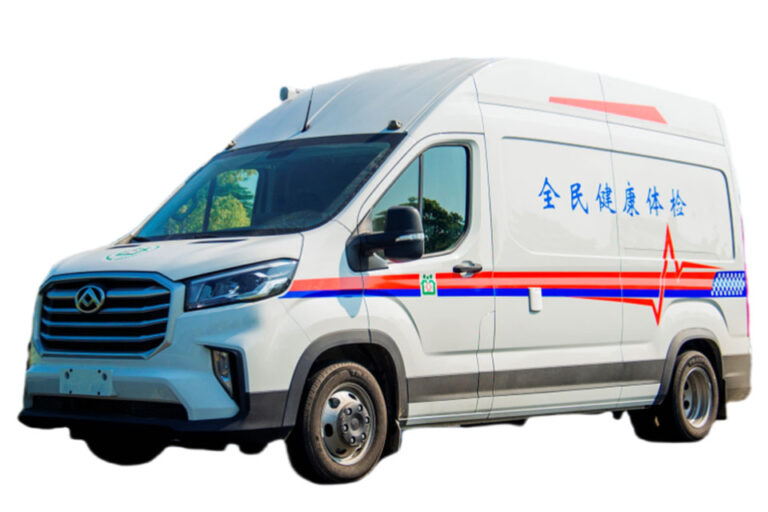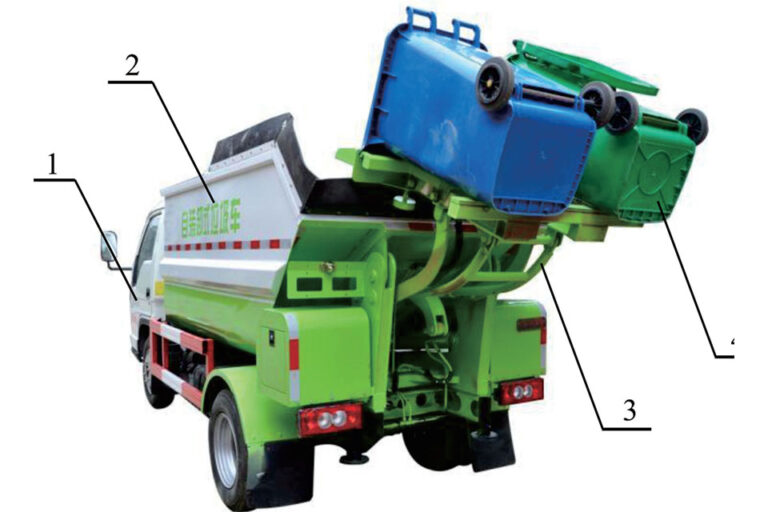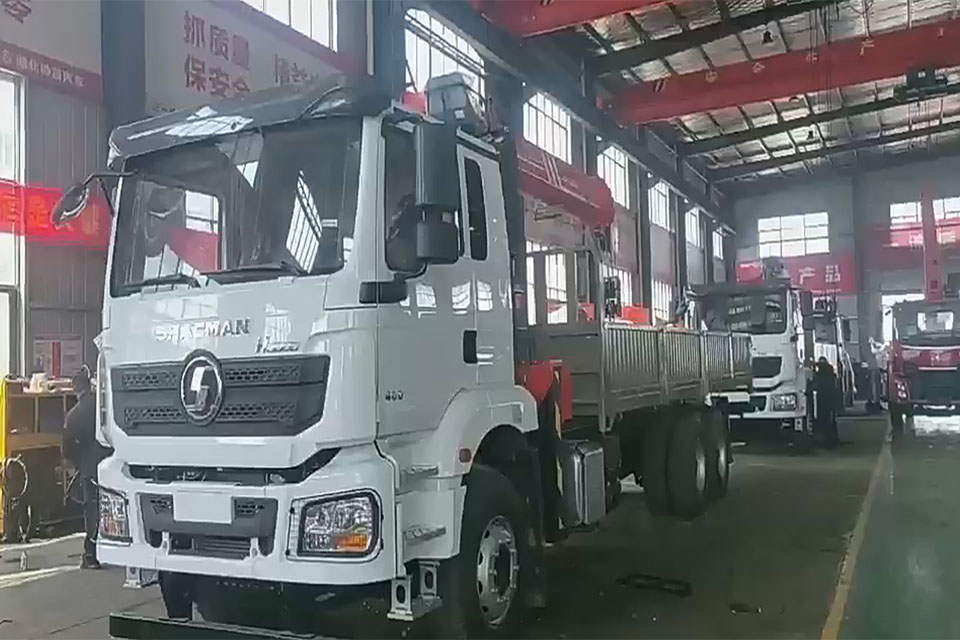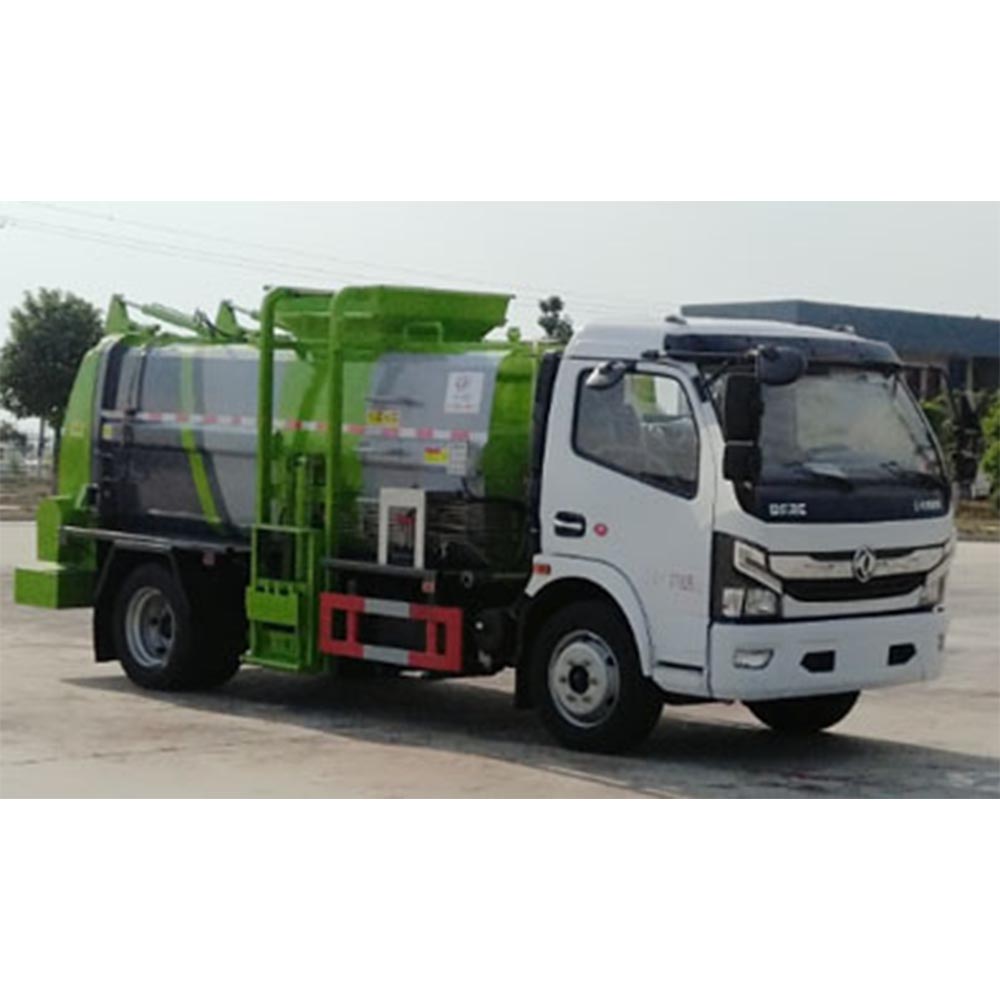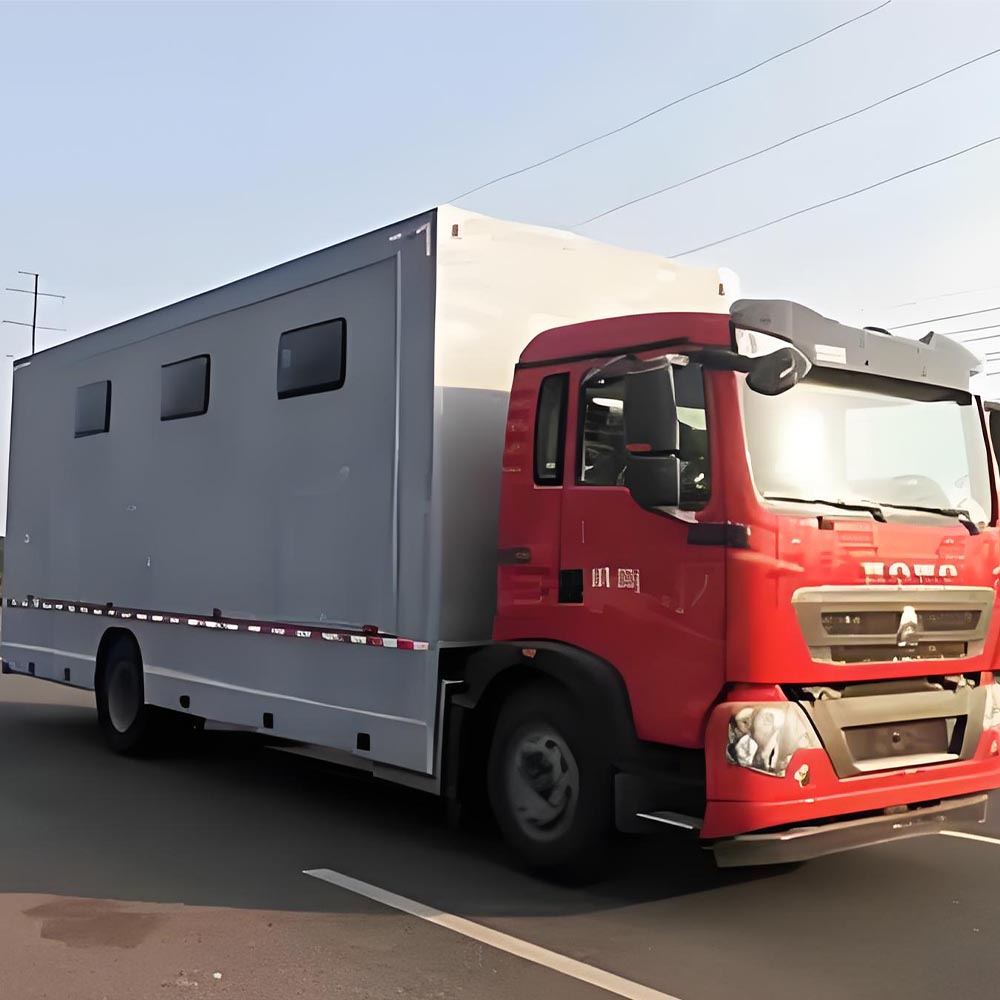-
Chengli Automobile Industry Park
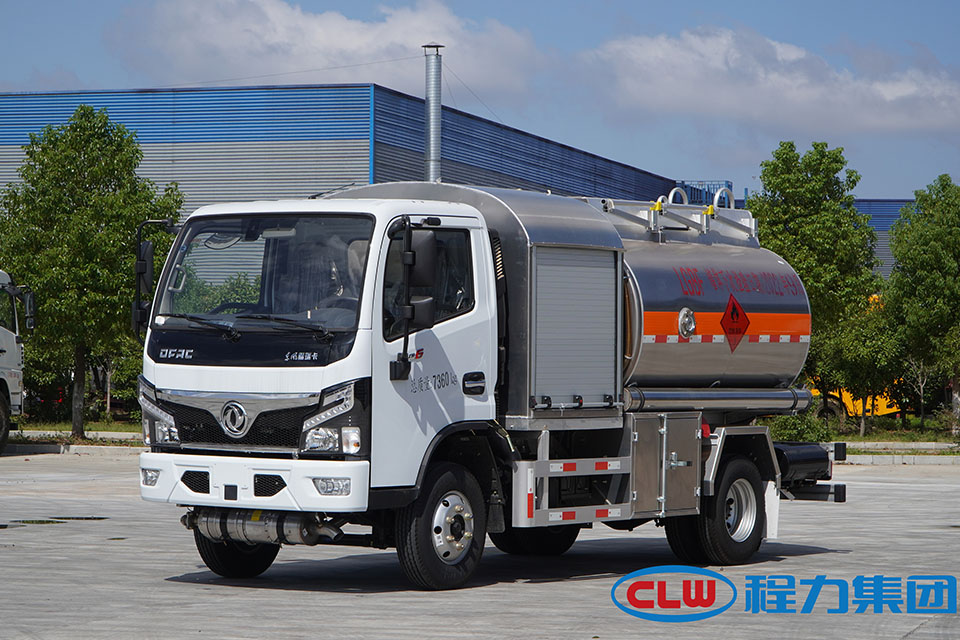
How much does a tanker truck weigh?
How Much Does a Tanker Truck Weigh?
Have you ever seen a big tanker truck on the road? These huge trucks carry lots of stuff like gas, milk, or water. People want to know how heavy these trucks are. Let’s find out!
Table of Contents
What Makes Tanker Trucks Heavy?
Tanker trucks are very big. They have:
- A truck part that pulls everything
- A big tank that holds liquid
- Special parts like pumps to move the liquid
Tanker Truck Weight Comparison
Visualizing empty vs. full weights of different tanker types [^1]
Standard Tanker
Empty: 25,000 lbs
Full: 80,000 lbs
Capacity: 5,000-11,600 gal
Fire Truck Tanker
Empty: 30,000 lbs
Full: 60,000 lbs
Capacity: 3,400 gal
Aluminum Tanker
Empty: 20,000 lbs
Full: 75,000 lbs
Capacity: 6,000-12,000 gal
Empty Tanker Truck Weight
When a tanker truck has no liquid inside, it is still very heavy!
A 2025 Freightliner tanker truck with a 2,700-gallon tank weighs about 25,000 pounds when empty. That’s as heavy as about 8 cars!
Full Tanker Truck Weight
When the tanker is full of liquid, it gets much heavier. The weight depends on:
- What kind of liquid is inside
- How big the tank is
- How many axles (wheel sets) the truck has
Tanker Truck Weight Data (2025)
Here’s a simple look at tanker truck weights:
| Type of Weight | How Heavy It Is | What That Means |
|---|---|---|
| Empty tanker truck | 25,000 pounds | Like 8 cars together |
| Full tanker truck (normal) | 80,000 pounds | The most allowed on most roads |
| Special permission weight | Up to 105,500 pounds | Needs special permission to drive |
| Fire truck tanker | Can carry 3,400 gallons | For putting out big fires |
What Makes Tanker Trucks Different Sizes?
Not all tanker trucks are the same! The three main things that make them different are:
- What they carry – Gas, milk, chemicals, or water
- How far they go – Short trips in town or long trips on highways
- Special jobs – Like fire trucks that need to carry lots of water
Rules About How Heavy Trucks Can Be
The government has strict rules about truck weights to keep roads safe. Most roads allow 80,000 pounds total weight.
If a truck is too heavy, bad things can happen:
- Roads can get damaged
- Bridges might not be safe
- The truck might not stop quickly enough
Different Types of Tanker Trucks
There are many kinds of tanker trucks for different jobs:
1. Fuel Tankers
These carry gas and diesel to gas stations. Check out these fuel tanker trucks that deliver fuel everywhere!
2. Water Tankers
These big trucks carry clean water. They might:
- Bring water to places that need it
- Help fight fires
- Water roads to keep dust down
3. Chemical Tankers
These special trucks have extra safety features because they carry chemicals that might be dangerous.
4. Food Grade Tankers
These super clean trucks carry things we eat and drink, like:
- Milk
- Juice
- Cooking oil
How Much Can Different Tankers Hold?
The amount a tanker can hold depends on its size:
- Small tankers: 1,000-3,000 gallons
- Medium tankers: 5,000-9,000 gallons
- Big tankers: Up to 11,600 gallons
A fire truck, like the 2025 Helie Tandem-Axle Tanker, can carry 3,400 gallons of water to put out big fires!
Why Tanker Weight Matters
The weight of a tanker truck is very important because:
- Safety – Heavier trucks need more time to stop
- Road rules – Trucks must follow weight limits
- Bridges – Some bridges can’t hold very heavy trucks
- Fuel use – Heavier trucks use more gas or diesel
Empty vs. Full Weight Difference
The difference between an empty and full tanker truck is huge!
When you fill a tanker with liquid, it can add 55,000 pounds or more! That’s like adding 20 cars on top of the truck.
New Technology Making Tankers Better
Lightweight aluminum alloy oil tankers are becoming more popular because:
- They weigh less when empty
- They can carry more liquid
- They use less fuel
- They don’t rust like steel tanks
How Drivers Handle Heavy Tankers
Driving a big tanker truck is not easy! Drivers need:
- Special training
- A special license
- To know how the liquid moves inside the tank
- To drive more carefully when the tank is partly full
Safety Features on Modern Tankers
Today’s tanker trucks have many safety features:
- Strong brakes that can stop big weights
- Special valves to keep liquid from spilling
- Thick tanks that don’t break easily
- Anti-roll systems to keep the truck from tipping over
What Happens If a Tanker Is Too Heavy?
If a tanker truck weighs too much:
- The driver might get a big fine
- The truck might have to stop driving until some liquid is taken out
- The truck company might get in trouble
- The roads might get damaged
Comparing Tankers to Other Trucks
Tanker trucks are usually heavier than many other trucks when full:
| Type of Truck | Empty Weight | Full Weight | What It Carries |
|---|---|---|---|
| Tanker truck | 25,000 pounds | 80,000 pounds | Liquids like fuel |
| Box truck | 15,000 pounds | 33,000 pounds | Packages and boxes |
| Dump truck | 28,000 pounds | 70,000 pounds | Dirt, rocks, and sand |
| Fire tanker | 30,000 pounds | 60,000 pounds | Water for fires |
Industry Trends in Tanker Trucks
The tanker truck business is changing! Some new trends include:
- More electric tanker trucks that don’t use gas or diesel
- Lighter materials to make tanks weigh less
- Bigger tanks that can carry more
- Better safety systems to prevent spills
Questions People Ask About Tanker Trucks
How much does a fire truck tanker weigh?
A fire truck tanker can weigh between 30,000-60,000 pounds when full of water.
Can tanker trucks drive on all roads?
No! Some roads and bridges have weight limits. Drivers must know which roads they can use.
How much liquid can a tanker carry?
It depends on the size, but most highway tankers carry between 5,000-11,600 gallons of liquid.
Why do some tankers have more axles?
More axles (sets of wheels) help spread out the weight so the truck can carry more liquid without damaging roads.
Conclusion
Tanker trucks are some of the heaviest vehicles on our roads! An empty tanker might weigh about 25,000 pounds, and when full, it can weigh up to 80,000 pounds or more with special permission.
Next time you see a big tanker truck on the road, you’ll know just how heavy it really is!
